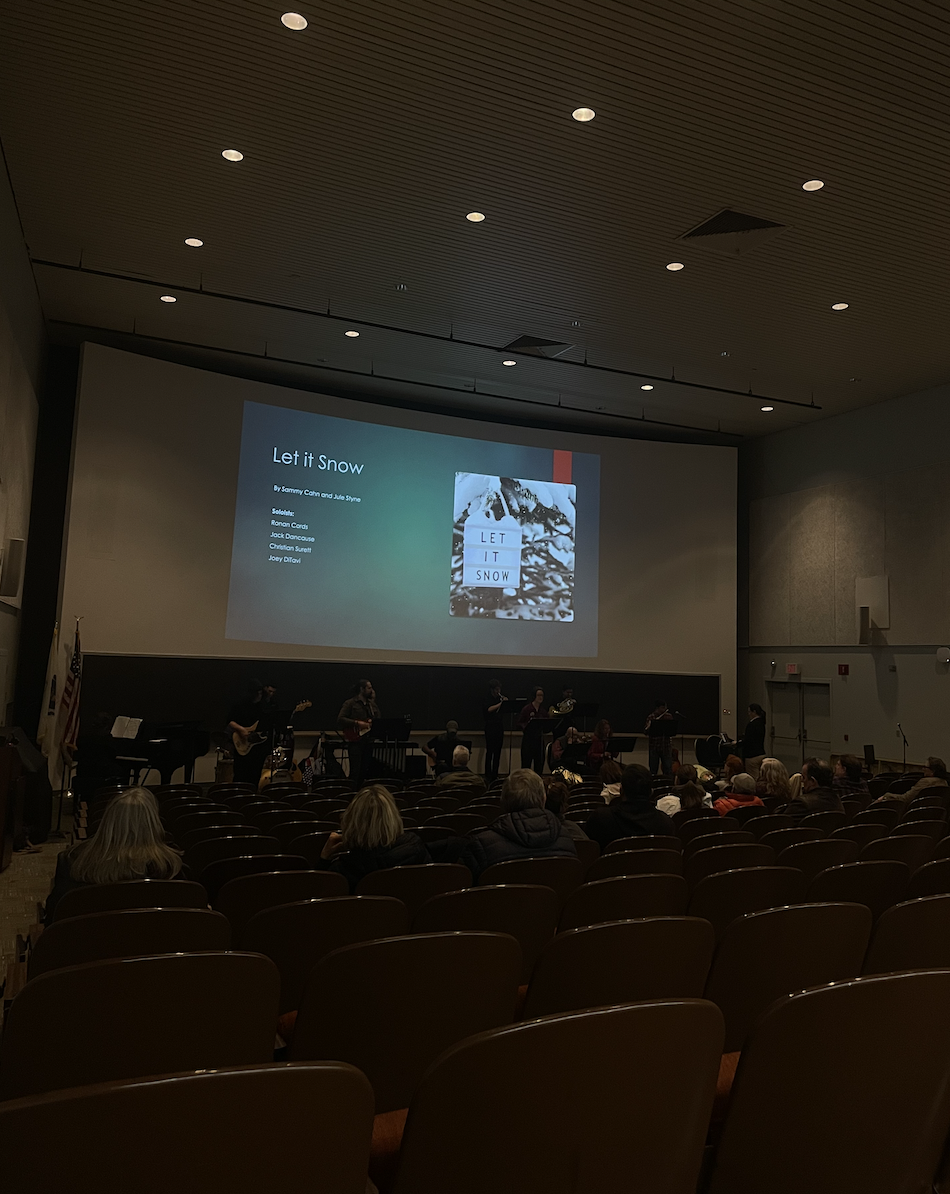By Kiirsti L. Nano

It’s your typical afternoon commute in New England. You’re stuck in your car, repressing your road rage, and keeping yourself busy fiddling with the radio dial. If you are from Massachusetts, there’s a good chance you are familiar with 107.3 WAAF, the local rock station in Boston. Around 3 p.m., Mistress Carrie, a native of Leominster, Mass., takes the microphone with her sultry voice. Her show airs Monday through Friday 3 p.m.-7 p.m., keeping listeners engrossed with her eclectic music selection and charismatic conversation. In addition to being a well-known radio personality and music director for WAAF, Carrie is also huge activist for the support of the U.S. Troops overseas and veterans of the United States Military.
Having many friends and family who have served our country, she is extremely passionate about the issue. She travelled to Iraq in 2006 and Afghanistan in 2011 as an embedded journalist with a unit from the Massachusetts Army National Guard, both of her trips coinciding with anniversaries of 9/11. Carrie has also been following the recent developments reported by the United States Department of Defense regarding new policies that would open formerly restricted positions to women serving in the United States Armed Forces.
Initially, the notion of a female journalist travelling to Iraq and Afghanistan was not well received by the administration at WAAF. The idea was considered to be high risk, “To the enemy, what more of a target than a female, American journalist?” Carrie explains. Eventually, with a lot of self-promotion, and the assistance of sponsors, Carrie was able to raise 30,000 dollars each time, in order to pay for her travel supplies, such as body armor, and other expenses for her journey.

While there, Carrie had the experience of witnessing firsthand what soldiers have to endure, such as climate change and adjustment to the weight of gear, etc., while in the line of duty, also going along on missions, and living amongst her active duty companions.
“These guys put their lives in their hands every day,” she says, “When you put your life into someone else’s hands, and you can’t do that in return, it changes the dynamic.”
While there, she formed bonds and strong personal relations with many of the soldiers that she met and still keeps in touch with them to this day. “I cried when I left,” she confessed about leaving Afghanistan in 2011, “Some of the guys joked around that it was the only time I acted like a girl the whole time I was there. They were laughing, telling me that it was the only time someone ever cried when they were leaving Afghanistan.”

Recently, CNN has reported that officials from the United States Department of Defense have begun to take actions to allow women in the military to be eligible for positions that are considered infantry or combat roles that were previously off limits to women serving, due to their gender. These changes will not be effective immediately, with the government deeming it necessary to be a gradual change, and one which will require careful thought and consideration. The United States Department of Defense has indicated that some of these changes will begin in the next six to eight months, however many of these changes will not occur for years to come.
Within the past several months, the U. S. Navy has announced that they have had their first female officers commissioned on submarines, and the U.S. Army has made the 160th Special Operations Aviation Regiment open to female candidates as well. The government has a goal to make all of these positions available to women active in the service, with projection for the completion of this transition to take place by 2016.

“My theory is, if they can do the job, they can do the job,” Carrie elaborates, “ Standards, however, should not be lowered– If they can meet the qualifications and eligibility requirements, then they should be able to serve.”
She mentions that while in Iraq and Afghanistan she did encounter women in various field roles and fondly remembers a female worker on a Medevac Unit who other soldiers had nicknamed “princess,” mentioning that she was, “one extremely tough chick,” and an aspiring Cardio Thoracic Surgeon.
It has been common knowledge that other countries have placed women in such positions, and that the United States will not be the first to make such changes. According to “National Geographic,” Australia, France, New Zealand, Canada, Germany, Norway, Denmark, and Israel are amongst those having the fewest restrictions on women in the armed forces. Presently, the United States is studying the models of such countries as it progresses towards reaching its goal 2016.
“There will be lots of failures; there are lots of men that do not succeed. Unfortunately, in this case, with women—if they fail, it is going to be looked at under a national spotlight,” Carrie says.
Carrie explains that while she’s sure, “There are some women that are up to the challenge, there are going to be many women that will make attempts at this who may not necessarily succeed,” making a reference to Candace Faulkner and her attendance at the Citadel. “I am cautiously optimistic with these changes, I just hope the changes go gradually; they should happen organically.”






